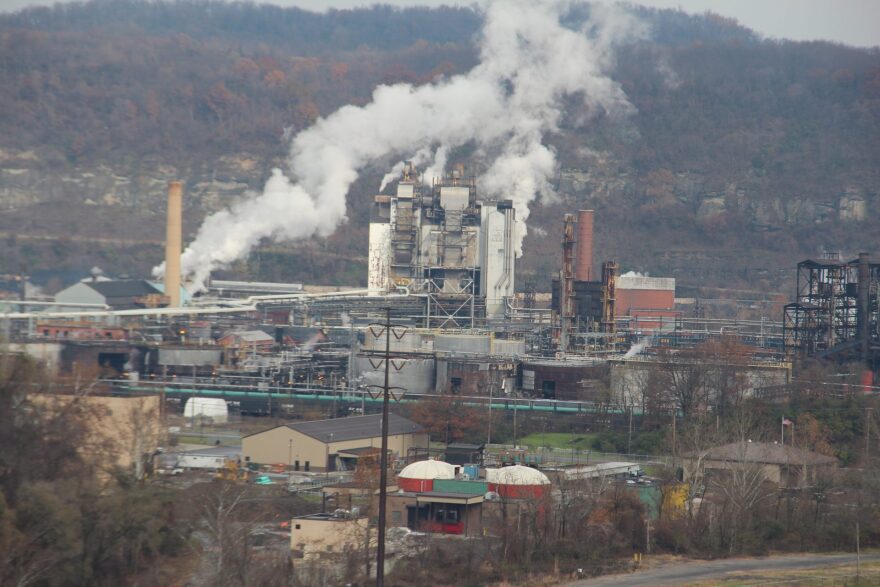Coal-based steelmaking is the predominant way steel is made around the globe and is still practiced in the Pittsburgh region. A new report says it has serious consequences for public health. The report from Industrious Labs , an environmental group that works to lower carbon emissions from the industrial sector, found health costs from coal-based steel in the U.
S. were up to $13 billion. It found pollution from the industry, including nitrogen oxides (NOx), sulfur dioxide (SO2), and fine particulate matter (PM2.
5), was responsible for between 460 and 892 premature deaths nationwide. It also found nearly 250,000 cases of asthma every year were caused as a result of the air pollution from coal-based steel. “These are really notable impacts on community health, and they’re affecting communities that are disproportionately low-income and communities of color,” said Hilary Lewis, the steel director at Industrious Labs.
Lewis said that while more of the steel industry was moving toward using electric arc furnaces to turn recycled scrap steel into new steel products, some types of steel, like the type used in the automotive industry, still use a coal-based process. In the coal-based process, coal is converted into coke, which is then put into a blast furnace with iron ore to produce iron. The iron is later turned into steel in a separate step.
That’s the process used by U.S. Steel’s Pittsburgh-area operations at the company’s Clairton coke plant and Edgar Thomson Works.
.


















